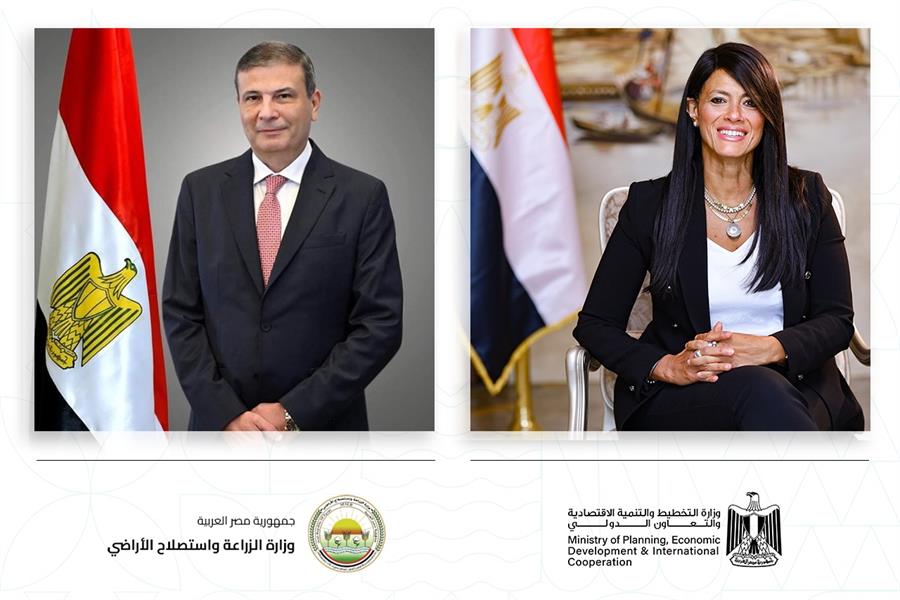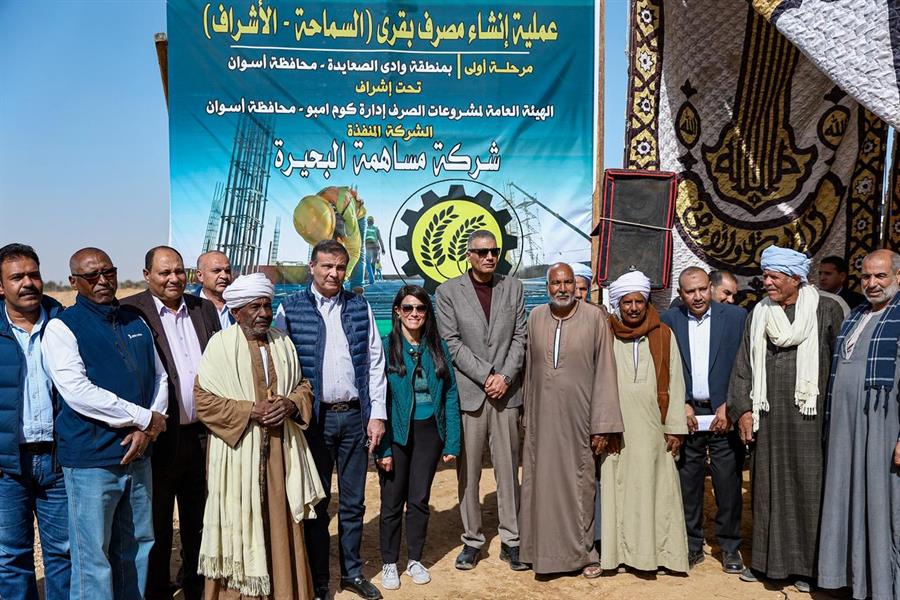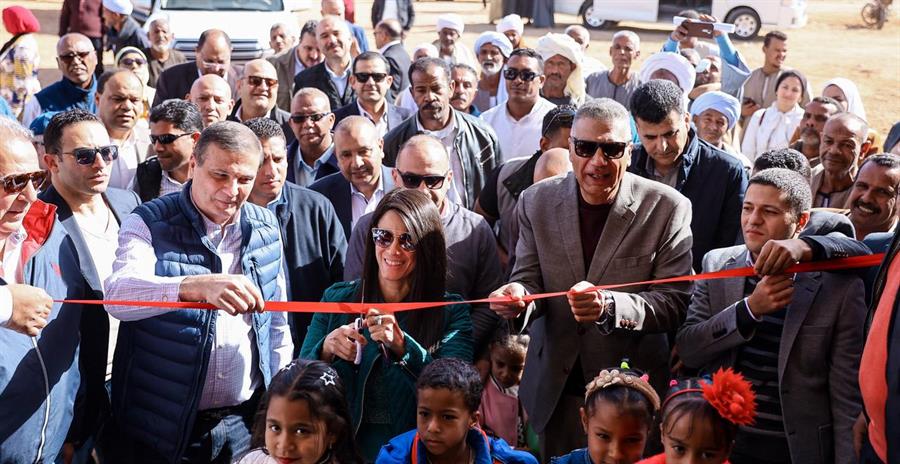Ministers of "Planning, Economic Development and International Cooperation" and "Education and Technical Education" Discuss Necessary Requirements to Improve the Quality of the Educational Process in the 2024/2025 Fiscal Year Plan
09 November 2024
H.E. Dr. Rania A. Al-Mashat, Minister of Planning, Economic Development, and International Cooperation, met with Mr. Mohamed Abdel-Latif, Minister of Education and Technical Education, to discuss the necessary requirements for improving the quality of the educational process in schools across the country within the framework of the 2024/2025 fiscal year plan. This meeting was part of the ministry’s role in shaping and implementing evidence-based economic development policies and enhancing efforts to bridge gaps in various sectors through a national framework that promotes constructive partnerships among relevant stakeholders. This includes coordination between national entities, international cooperation, ministries, international partners, the private sector, and others.
During the meeting, H.E. Dr. Al-Mashat emphasized that the Ministry of Planning, Economic Development, and International Cooperation is working to achieve integration between public investments, local resources, as well as international partnerships and external financing, in order to meet development targets across various sectors. H.E. also emphasized the importance of leveraging international cooperation mechanisms to support the planning process by mobilizing resources and providing technical support to achieve comprehensive economic development.
H.E. Minister Al-Mashat highlighted the ongoing efforts to improve the efficiency of public investments and the governance of investment spending in the current fiscal year plan, aligning with the state's objectives of creating space for the private sector and reducing inflation rates.
H.E. Dr. Al-Mashat noted that human and social development, which includes the education sector, accounts for 42% of the total investments in the current fiscal year's plan. This reflects the state’s commitment to investing in human capital, despite efforts to govern investments effectively.
H.E. Dr. Al-Mashat affirmed the critical importance of the educational services sector due to its significant role in human development, increasing cognitive awareness, and developing skills that contribute to facilitating the transition to a knowledge-based economy. This, in turn, helps to keep pace with contemporary developments and enhance competitiveness in various fields. Consequently, the state has given considerable attention to the sector by allocating resources for programs and projects aimed at improving the quality of educational services, developing remote learning, and nurturing a new generation with better education.
The Minister of Education and Technical Education, confirmed that the ministry is focused on providing high-quality education to students, with the political leadership prioritizing education and mobilizing all available resources to overcome various challenges. He pointed out that the solutions and mechanisms implemented since the beginning of the academic year served as urgent measures to address challenges that have accumulated over the years, including high student-to-teacher ratios in classrooms and teacher shortages. He affirmed the success of these solutions in reducing overcrowding and addressing the teacher shortage.
Mr. Abdel-Latif added that the ministry is working in parallel with various relevant ministries and agencies on sustainable plans and mechanisms to implement structural reforms that will elevate the educational system across schools nationwide.
During the meeting, both sides reviewed the investment plan of the Ministry of Education and Technical Education, as well as the key elements of the National Structural Reform Program, which aims to achieve fundamental and targeted structural reforms to support the economy's ability to achieve balanced and sustainable growth. Among the proposed measures are the construction of new classrooms to address overcrowding and the expansion of general education schools.
The strategic directions for the education sector in the current fiscal year’s investment plan focus on expanding the construction of new classrooms to reduce classroom overcrowding, particularly in governorates with high rates of overcrowding, with an emphasis on reducing overcrowding in primary education. The plan also prioritizes allocating necessary maintenance funds in the state budget, focusing on priority governorates, expanding access to specialized schools for gifted students and applied schools to cover as many governorates as possible, as well as enhancing partnerships with the private sector. Additionally, there is a focus on implementing programs aimed at reducing illiteracy rates, with a particular emphasis on Upper Egypt (Minya, Assiut, Fayoum, Beni Suef, Sohag, and Qena), alongside increasing efforts to upgrade schools in order to achieve quality standards.









